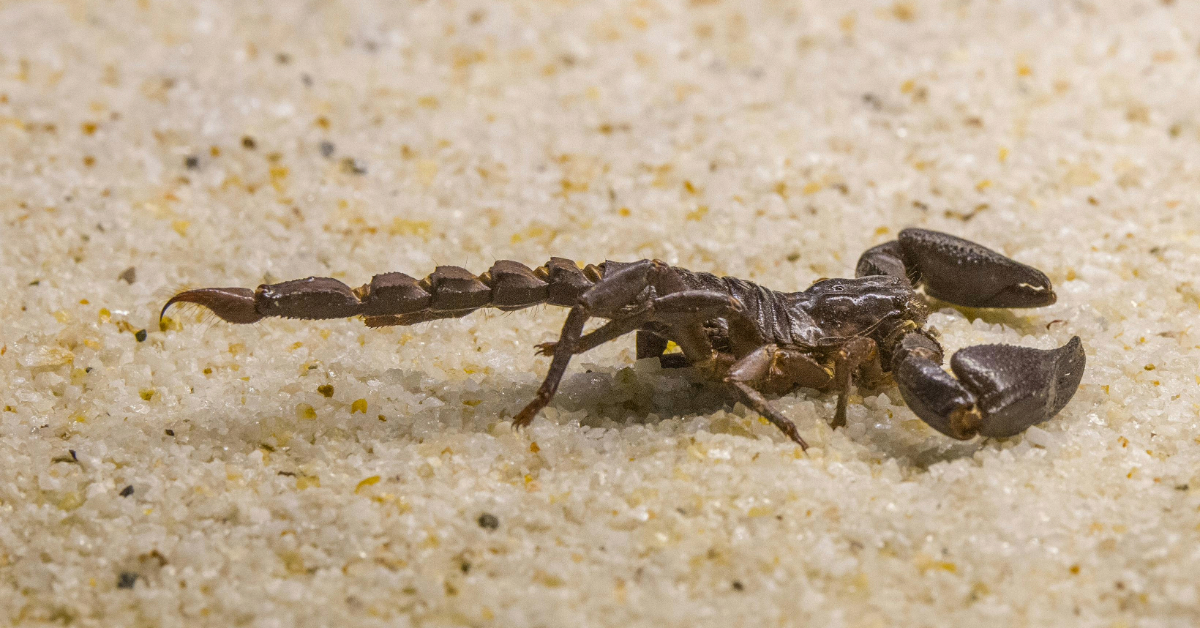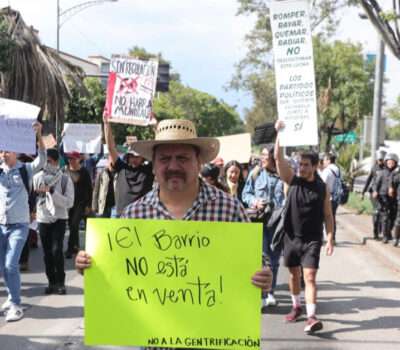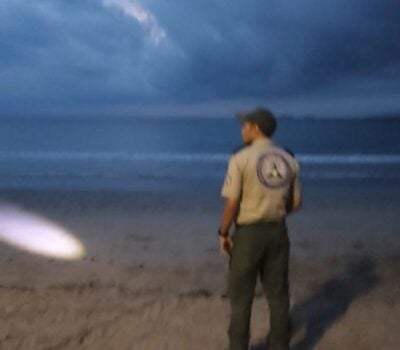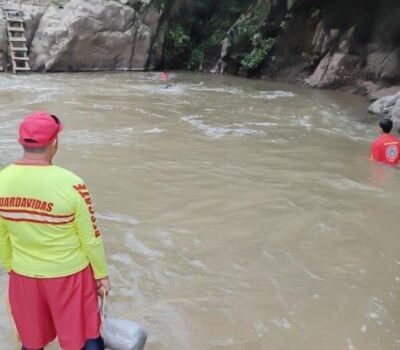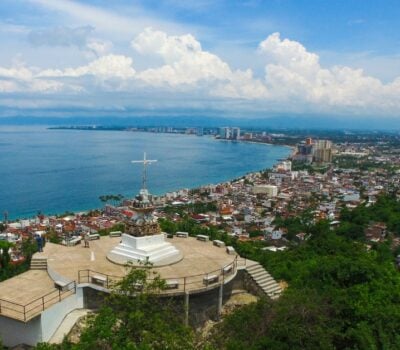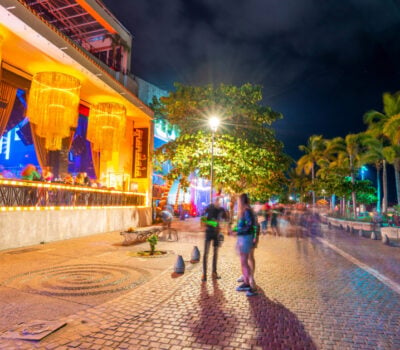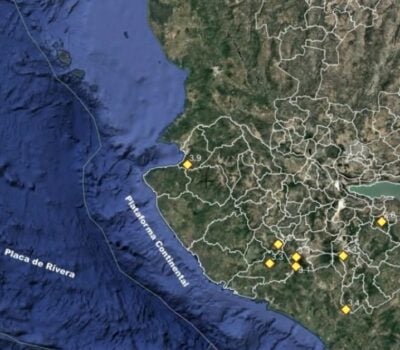Since January 1, 2025, the Jalisco Health Secretariat’s VIII Health Region has logged 2,092 cases of scorpion stings, with Tomatlán and Cabo Corrientes topping the list. Although the count trails last year’s 6,120 incidents, health officials remain on high alert to prevent serious outcomes.
To treat those affected, medical teams have administered 5,676 doses of fabotherapeutic—known locally as anti-scorpion serum—so far this year. That marks a significant drop from the 14,699 doses dispensed in 2024, mirroring the overall decline in sting reports. Crucially, the region has recorded zero fatalities from scorpion envenomation in both 2024 and 2025.
Jaime Álvarez Zayas, head of the VIII Health Region, credits the downward trend to improved preparedness and public education. “We have equipped almost 1,800 intravenous setups at key sites, including the Puerto Vallarta Regional Hospital, community hospitals in Tomatlán and Mascota, plus health centers and mobile units in rural areas,” he explained. “This network lets us administer serum without delay, which saves lives.”
Despite rumors from certain local politicians alleging serum shortages, Álvarez Zayas firmly denied any gaps in supply. He confirmed that the region maintains ample stock of fabotherapeutic and that every patient receives treatment free of charge. “No one who needs the antidote will go without it,” he said.
Tomatlán and Cabo Corrientes sit on the front lines of the issue. Their warm, humid climates offer prime habitat for Crotalus and Centruroides species. During the dry season, scorpions seek shelter inside homes, public buildings and even vehicles, bringing them into close proximity with people. In response, health teams coordinate with municipal authorities to map high-risk zones and deliver targeted awareness campaigns.
Local clinics now distribute flyers explaining how to avoid attracting scorpions: seal cracks in walls, store firewood off the ground and shake out shoes before wearing them. Community workshops demonstrate basic first-aid steps for scorpion stings, including cleaning the wound and immobilizing the affected limb until help arrives.
Álvarez Zayas reiterated that the majority of scorpion encounters cause only local pain and swelling if treated promptly. He urged anyone experiencing severe symptoms—such as rapid heartbeat, difficulty breathing or muscle spasms—to seek immediate medical attention. “Time matters. Every minute counts when venom enters the bloodstream,” he said.
Looking ahead, the Health Secretariat plans to expand patrols in rural rancherías and offer pop-up clinics during peak sting months (June through October). Teams will also train local paramedics to administer serum in remote areas, shaving crucial transport time to hospitals.
By combining robust stockpiles of anti-scorpion serum, strategic IV distribution, public education and rapid-response drills, Jalisco’s VIII Health Region aims to keep sting numbers on the decline. With sustained effort and community cooperation, officials hope 2026 will record even fewer incidents—and maintain the record of no fatalities.


